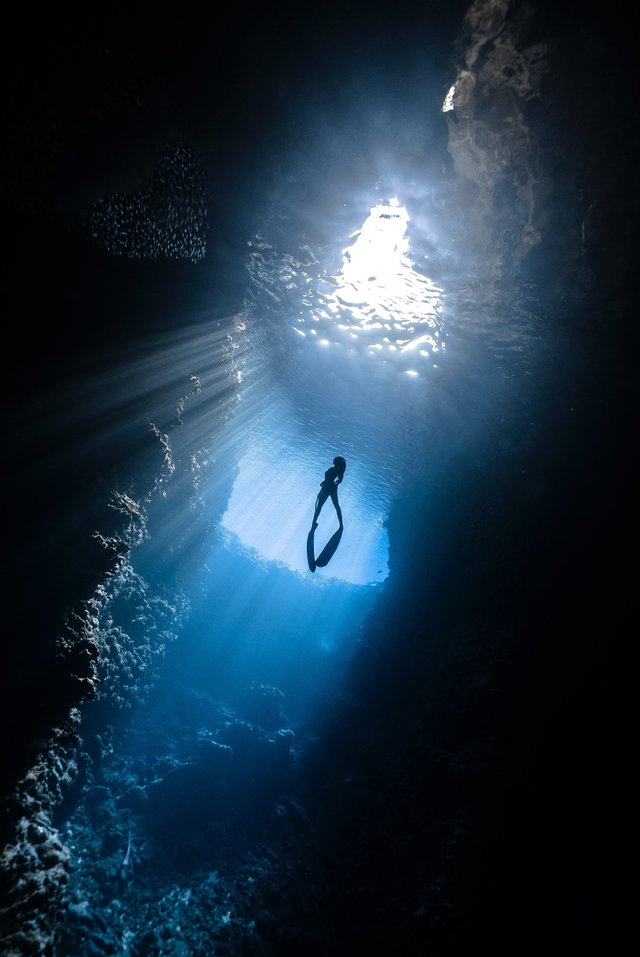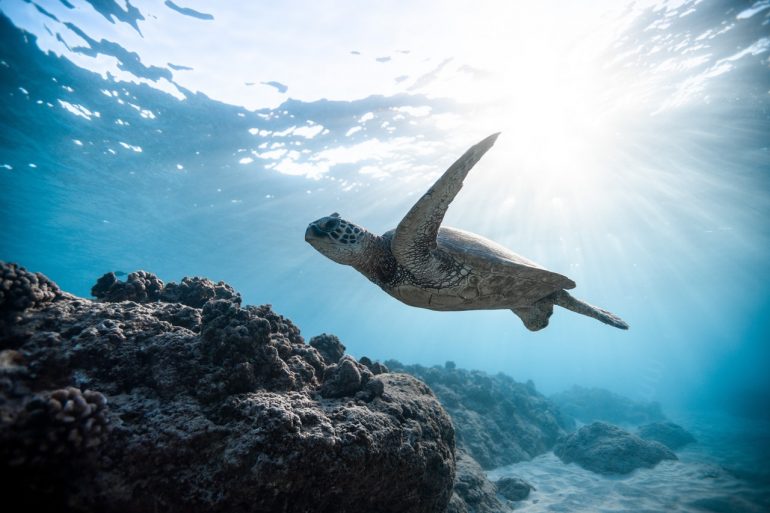Scuba diving is by and large and amateurish sport with few people actually able to earn a living form it. Most avid scuba divers can afford to take advantage of the sport by having a day job that affords them enough disposable income to be able to enjoy their true passion.
- CNAs – Certified Nursing Assistants – Nursing assistants provide basic health care to patients, and work under the supervision of a nurse. They have tasks such as feeding patients, making beds and tidying clothes, and helping patients get dressed and go to the bathroom.
- Educators – Many teachers, college professors, and providers and teachers of online courses find great enjoyment in the outdoors.
- Engineers – Plan, organize, program, direct and control the construction and industrial assembly of all types of engineering works. Research: search for new knowledge and techniques, study and in the workplace. Development: use of new knowledge and techniques.
- Medical Professionals – We call any person who has completed a course of study in the field of health (medicine, physiotherapy, nursing, pharmacy …) a health professional. The healthcare professional is licensed by a government agency or certified by a professional organization.
- Finance Professionals – This includes everything from bankers, to insurance agents, to loan officers, and everything in between. Normally known for their serious demeanor, you would be surprised how many financial professionals you will find underwater.
Remember that all of these professions help divers to practice their passion by providing them with the funds to do so. In particular, they help by providing cheaper health insurance than what independent divers usually get. In all of these professions, it is still highly advisable that any divers obtain a competent and complete life insurance policy prior to incurring into the diving world.

